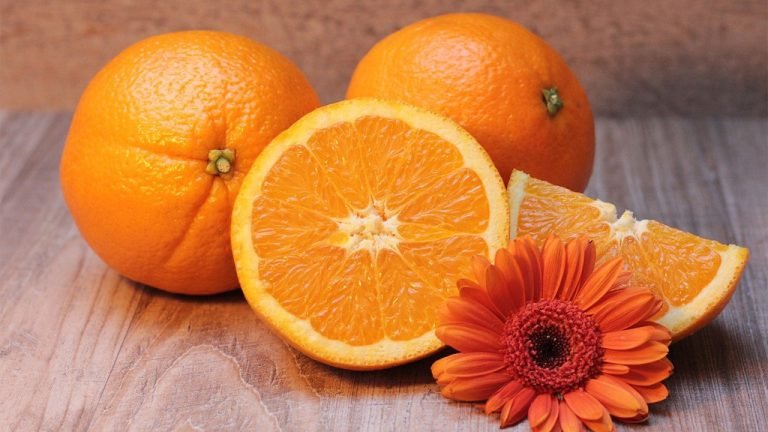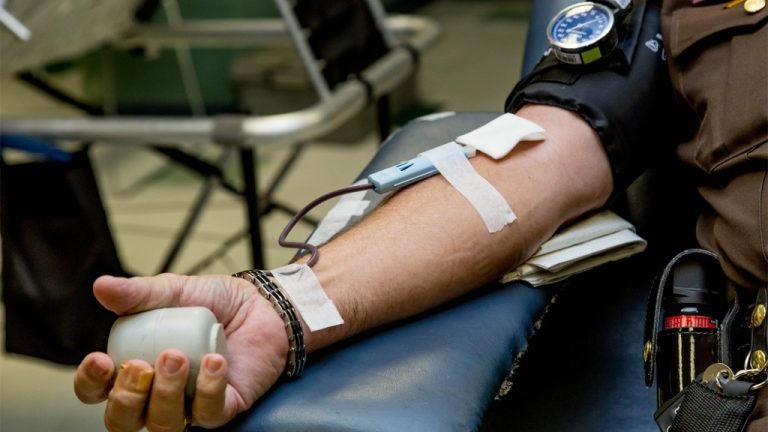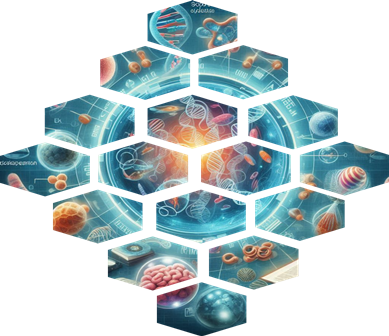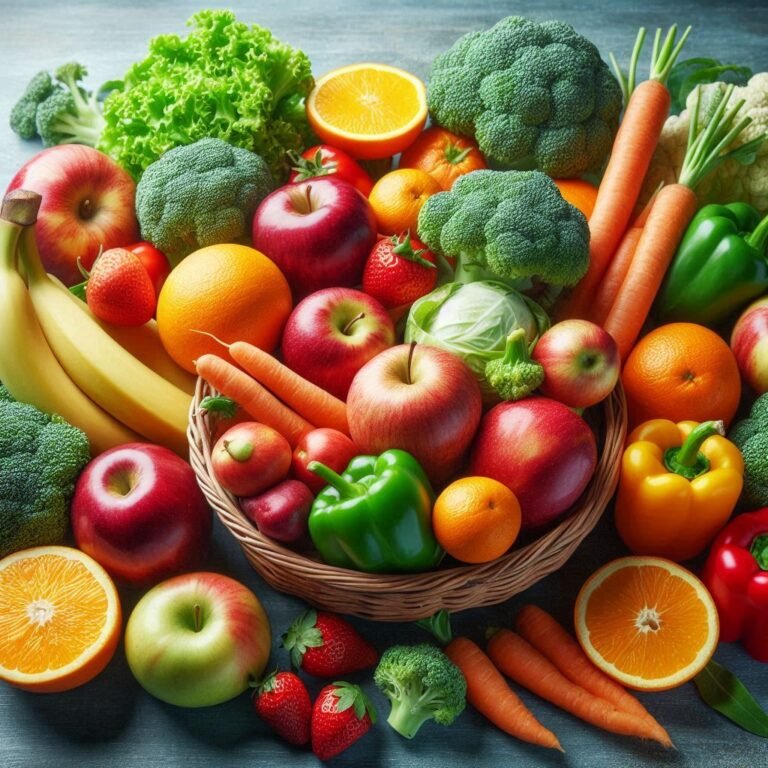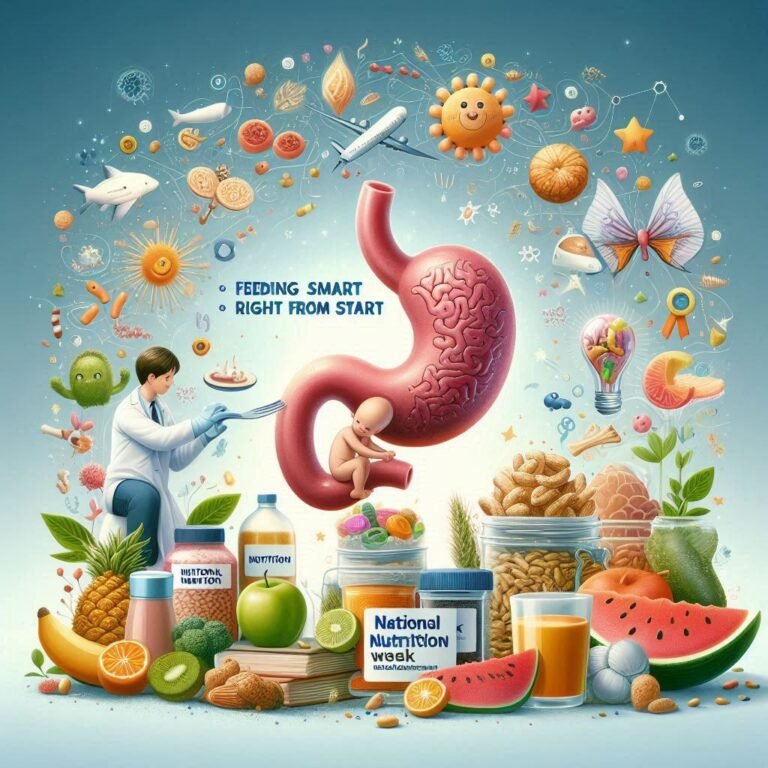Vitamin C, or ascorbic acid, is a water-soluble vitamin. Vitamin C is an essential nutrient involved in the repair of tissue, the formation of collagen, and the enzymatic production of certain neurotransmitters. Vitamin C plays a role in controlling infections and healing wounds, and is a powerful antioxidant that can neutralize harmful free radicals. The vitamin helps make several hormones and chemical messengers used in the brain and nerves. Vitamin C is also involved in the body’s immune system by stimulating the activity of white blood cells.
The intestines have a limited ability to absorb vitamin C. Studies have shown that absorption of vitamin C decreases to less than 50% when taking amounts greater than 1000 mg. In generally healthy adults, mega doses of vitamin C are not toxic because once the body’s tissues become saturated with vitamin C, absorption decreases and any excess amount will be excreted in urine.
Epidemiologic evidence suggests that higher consumption of fruits and vegetables is associated with lower risk of most types of cancer, perhaps, in part, due to their high vitamin C content . Vitamin C can limit the formation of carcinogens, and, through its antioxidant function, possibly attenuate oxidative damage that can lead to cancer .
Signs of Vitamin C Deficiency
It is rare in developed countries but may occur with a limited diet that provides less than 10 mg daily for one month or longer. The following are the most common signs of a deficiency.
-
Scurvy, the hallmark disease of severe vitamin C deficiency, displays symptoms resulting from loss of collagen that weakens connective tissues:
- Skin spots caused by bleeding and bruising from broken blood vessels , Swelling or bleeding of gums, and eventual loss of teeth , Hair loss ,Delayed healing of skin wounds ,Fatigue, malaise
Food Sources
Fruits and vegetables are the best sources of this vitamin. Eg:- Citrus (oranges, kiwi, lemon, grapefruit) , Bell peppers , Strawberries , Tomatoes ,Cruciferous vegetables (broccoli, cabbage, cauliflower) ,White potatoes etc.
Did You Know?
- Vitamin C improves the absorption of non -heme iron, the type of iron found in plant foods such as leafy greens. Drinking a small glass of 100% fruit juice or including a vitamin-C-rich food with meals can help boost iron absorption.
- Vitamin C can be destroyed by heat and light. High-heat cooking temperatures or prolonged cook times can break down the vitamin. Because it is water-soluble, the vitamin can also seep into cooking liquid and be lost if the liquids are not eaten.
- Quick heating methods or using as little water as possible when cooking, such as stir-frying or blanching, can preserve the vitamin.
- As a water-soluble vitamin, vitamin C does not remain in your body very long. In most cases, this essential nutrient is excreted within 24 hours, but the amount of time vitamin C stays in your system depends on your individual circumstances and medical history.
- While Vitamin C is a largely helpful nutrient, it is a water-soluble nutrient, which is best absorbed when you take them empty stomach. An ideal way would be to take your supplement first thing in the morning, 30-45 minutes before your meal.
- You may take vitamin C supplements at any time of day(With consultation of physician), with or without food, although taking ascorbic acid with foods can help decrease the potential gastrointestinal side effects caused by its high acidity nature.
